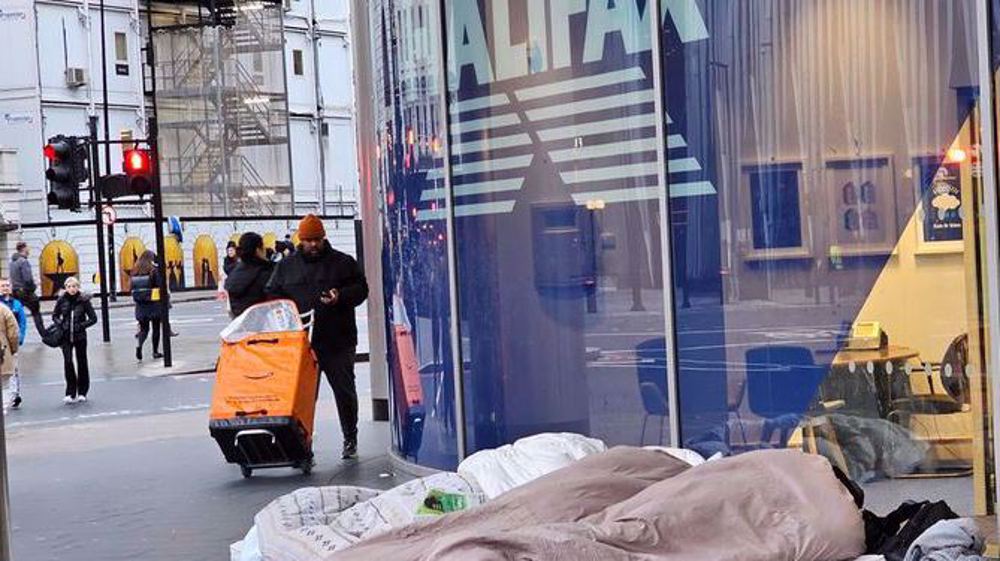Trial test kit said to provide results within twenty minutes
As part of preparations aimed at preventing a second COVID-19 wave during the upcoming winter, the UK government is to trial routine weekly testing of the population, which former Health Secretary Jeremy Hunt asserts should become the norm.
In a bid to scale up testing capacity the government is to commit an extra £500m and plans to launch community pilot trials aimed at assessing the effectiveness of repeat testing in schools and colleges as well as the general population, in addition to ramping up trials of a new test kit that it is claimed can provide results within 20 minutes.
The most ambitious undertaking revolves around the imminent launch of a community-wide trial in Salford, which will assay the benefits of repeat population testing, focusing on a specific high-footfall location in the city with retail, public services, transport and places of faith and worship.
Jeremy Hunt, who currently chairs the health select committee, said the UK should embrace mass population testing. “I would really want to expand the whole testing programme so we can almost get to a point where we are testing the whole population every week,” he said.
“As an intermediate step I’d want to have expanded it by now so that we’re at least testing all NHS staff and all teachers every week, so people can be absolutely confident when they’re using hospitals, when they’re sending their kids to school, that they are coronavirus-free zones,” he said.
“I think this mass testing could potentially be linked to an app on your phone so that you could show people on your phone the last time you got tested.”
Hunt said mass testing was the key tool against the virus before a vaccine was developed. “In fact, if you had population testing there’s no reason why you, theoretically, would need to have social distancing: you could pretty much carry on life as normal because you’d just know that everyone you’d mix with had been tested very, very recently,” he told ITV’s Acting Prime Minister podcast.
Other testing trials are also being expanded by the government, including a pilot of the rapid 20-minute test in Hampshire as part of mobile testing in different settings.
The second phase of the pilot will trial the weekly testing at the University of Southampton and four Southampton schools. More than 2,100 pupils and staff across four schools will be invited to have a test.
Hancock said testing was “a vital line of defence” and the government had to keep innovating to tackle the pandemic. “We need to use every new innovation at our disposal to expand the use of testing, and build the mass testing capability that can help suppress the virus and enable more of the things that make life worth living,” he said.
In the first phase of the pilot in Southampton, involving 10,000 individuals, GP staff, other essential key workers, university employees and members of their households were sent tests to their home or place of work and completed them by putting saliva in a pot.
The trial showed the at-home saliva sampling kit was reliable for large-scale, regular testing, according to The Department of Health and Social Care.
Previous calls for routine testing to become standard protocol for schools, including from Anne Longfield, the children’s commissioner, had been rejected out of hand by the government.
The schools minister, Nick Gibb, said last month there were no plans to test pupils and teachers without symptoms. “The advice that we have is that it’s better to test when people actually show symptoms,” he said.
Iran’s progress ‘miraculous’ despite sanctions: Nuclear chief
Netanyahu fears fruition of Iran US talks
VIDEO | Press TV's news headlines
China warns of 'measures' following CIA’s Chinese-language recruitment drive
Official warns of ‘strong, decisive’ response to any adventurism against Iran
Palestine Action wins landmark legal victory against UK crackdown
VIDEO | World-class eye hospital in Iran’s Zahedan draws medical tourists
VIDEO | India voter roll revision sparks fear of voting disenfranchisement in India















 This makes it easy to access the Press TV website
This makes it easy to access the Press TV website